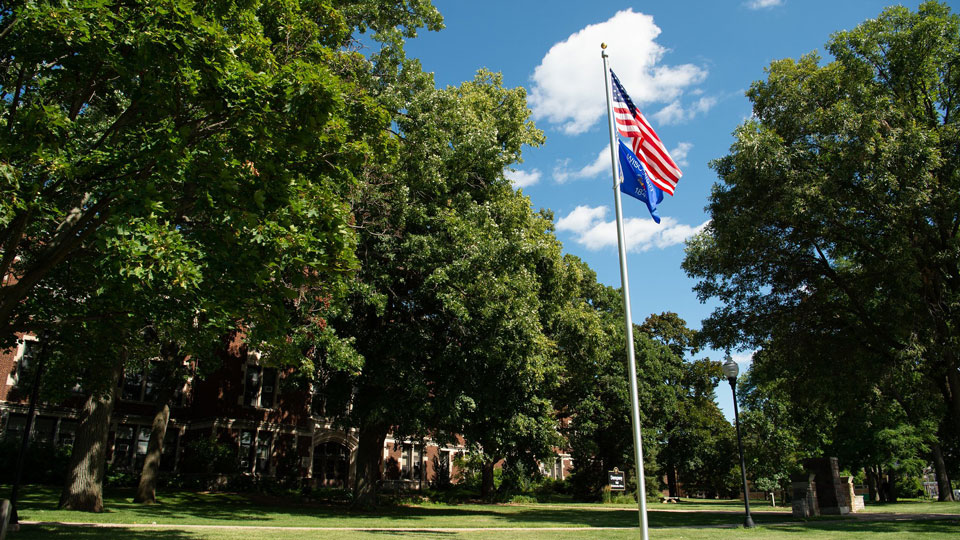Fireworks, parades and picnics are the usual all-American activities on the Fourth of July.
But most of us are likely to be celebrating a less raucous Independence Day this year as the pandemic puts a damper on our traditional festivities.
Instead, University of Wisconsin Oshkosh faculty offer interesting and thoughtful viewing and reading suggestions to brush up on our American heritage:
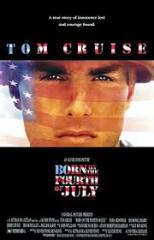 Political science professor Druscilla Scribner recommends watching the Academy-award-winning movie “Born on the Fourth of July,” based on the 1976 memoir written by Ron Kovic.
Political science professor Druscilla Scribner recommends watching the Academy-award-winning movie “Born on the Fourth of July,” based on the 1976 memoir written by Ron Kovic.
“This is a film, one of Tom Cruise’s earliest, directed by Oliver Stone. It came out in 1989. It captures what continues to be a difficult relationship between patriotism, support for the military, protest of military action, a divided political time, and the way we collectively care (not very well) for our veterans. It is a Vietnam-era story that perhaps still speaks to our contemporary moment,” she said.
A number of professors suggest reading materials from novels to academic books and even original documents.
“I recommend readers look back to three primary sources. It is valuable to re-read the Declaration of Independence, the document we are celebrating on the Fourth of July,” said associate history professor Gabe Loiacono. “We rarely read the whole thing.”
The transcript and some additional pictures and resources are online at the National Archives site.
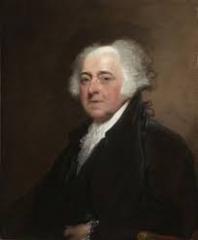 Another primary source that puts the Declaration of Independence into perspective is John Adams’ letter to his wife Abigail, dated July 3, 1776. The letter is available online at the Massachusetts Historical Society site.
Another primary source that puts the Declaration of Independence into perspective is John Adams’ letter to his wife Abigail, dated July 3, 1776. The letter is available online at the Massachusetts Historical Society site.
“John shared many of his most private thoughts about politics with Abigail in letters, since John was so frequently away from home. In this one, he complains that he wishes the Continental Congress had declared independence in January, not July. But, he continues, he is happy the 2nd (!) of July will be celebrated forevermore. Read the letter to see how he thinks it ought to be celebrated,” Loiacono said.
There also are some “remarkable documents” that call for the end of slavery during this era, one of which comes two years before the Declaration in May 1774. It also is online at the Massachusetts site.
“It is interesting to read this petition from enslaved men and women in Massachusetts. See the case they made to the colonial governor, council and legislature,” he said.
While it is definitely not a summer beach read, history and environmental studies professor James Feldman offers: “For those willing to put the work into a very long academic book, David Blight’s Race and Reunion: The Civil War in American Memory talks very explicitly about what it means to be an American and the role of race in those conversations.”
Political science professor David Siemers and associate history professor Paisley Harris both recommend “What to the Slave is the Fourth of July” by Fredrick Douglass.
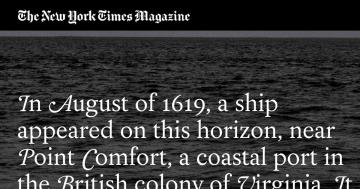
“Douglass was an escaped slave and this speech was delivered to the Rochester Ladies Anti-Slavery Society in 1852,” Siemers said.
Harris also noted Nikole Hannah-Jones’ introduction to the New York Times Magazine’s The 1619 Project. Her work on the initiative earned Hannah-Jones a 2020 Pulitzer Prize for commentary.
“The 1619 Project reframes American history, arguing that the date that enslaved people were first brought to the areas that became the United States has shaped what America is as much as the signing of the Declaration of Independence did. The Hannah-Jones introduction to the project argues that American Blacks ‘have helped the country live up to its founding ideals’ and not only for blacks, but for all,” Harris said.
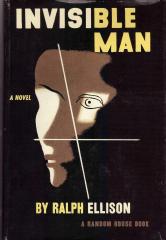 Siemers added two more books to our July 4 reading list: Women of the Republic: Intellect and Ideology in the American Revolutionary Era about how women participated in and thought about the American Revolution; and Alexis de Tocqueville’s Democracy in America, which is “thought-provoking take on American character, culture and politics and how they interact.”
Siemers added two more books to our July 4 reading list: Women of the Republic: Intellect and Ideology in the American Revolutionary Era about how women participated in and thought about the American Revolution; and Alexis de Tocqueville’s Democracy in America, which is “thought-provoking take on American character, culture and politics and how they interact.”
History professor Stephen Kercher urged readers to revisit the 1953 National Book Award winner for fiction.
“Now, more than ever, Ralph Ellison’s Invisible Man,” Kercher said of the novel that chronicles the travels of a young, nameless black man through a racially divided society.
Offer your own recommendations by adding a comment below.

